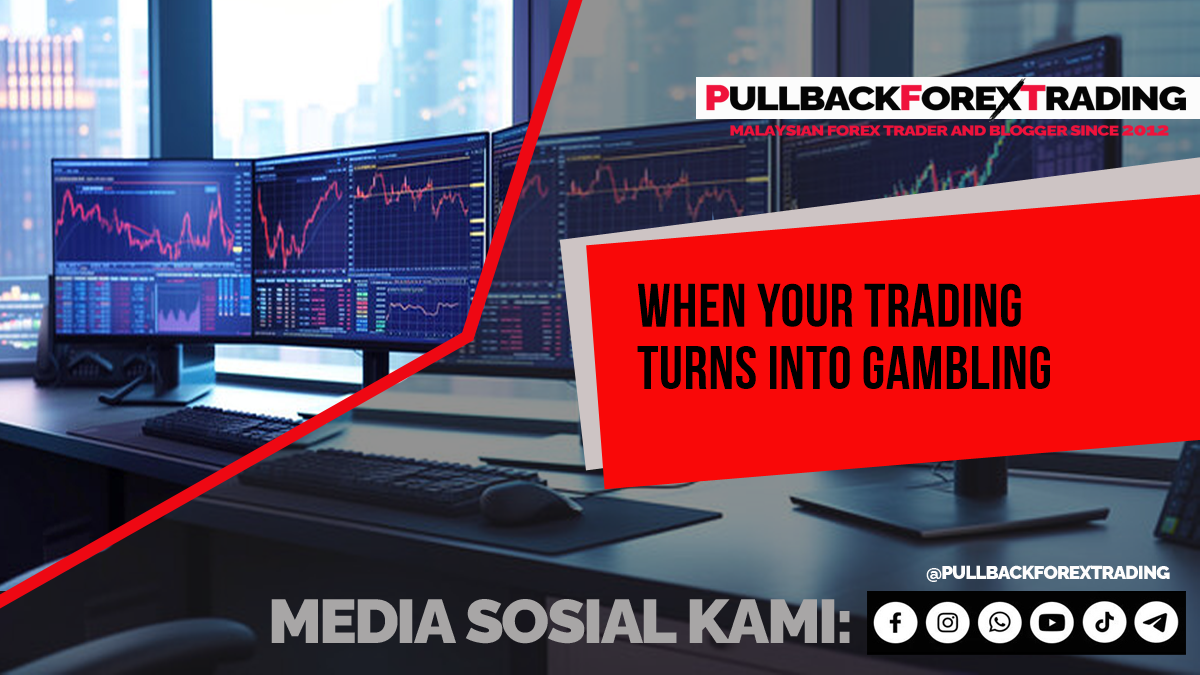
How Trading Can Turn into Gambling (And How to Avoid It)
Trading can be a powerful way to grow your wealth, but if approached recklessly, it can quickly feel like gambling. Here’s how trading can resemble gambling and tips to keep it professional.
When Trading Feels Like Gambling
- No Plan in Place
Entering trades without a clear strategy is like betting on a coin flip. Without a plan, you’re relying on luck, not skill. - Emotional Decisions
Letting fear or greed dictate your trades can lead to poor decisions. For example, revenge trading after a loss mirrors the impulsive behavior of gamblers. - Over-Trading
Constantly chasing opportunities without proper analysis is like trying to hit a jackpot at a casino. - Ignoring Risk Management
Risking too much of your account balance or using excessive leverage makes losses inevitable, much like going “all in” at a poker table.
How to Avoid Gambling Behaviors in Trading
- Have a Plan
Develop a trading strategy that defines your entry, exit, and risk management rules. Stick to it, no matter what. - Control Your Emotions
Stay disciplined and avoid making decisions when you’re overly emotional. - Practice Proper Risk Management
Never risk more than 1-2% of your account per trade. Always use stop-loss orders to protect your capital. - Educate Yourself
Learn technical and fundamental analysis to base your trades on data, not guesses. - Focus on Consistency
Aim for small, steady gains over time rather than trying to hit massive profits in one trade.
Final Thoughts
Trading is a skill that requires patience, discipline, and knowledge. When done properly, it can be a calculated and rewarding process. But without a solid approach, it can easily devolve into gambling. Always trade responsibly and treat it as a profession, not a game of chance.
ADMIN
28/11/24




